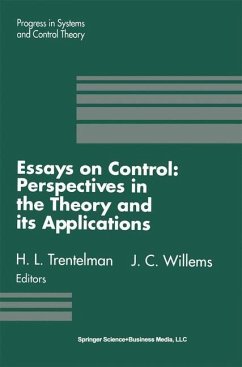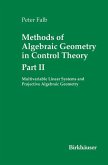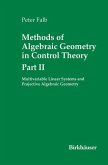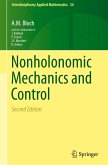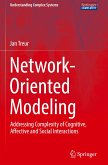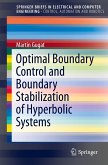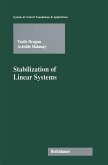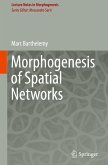This book contains the text of the plenary lectures and the mini-courses of the European Control Conference (ECC'93) held in Groningen, the Netherlands, June 2S-July 1, 1993. However, the book is not your usu al conference proceedings. Instead, the authors took this occasion to take a broad overview of the field of control and discuss its development both from a theoretical as well as from an engineering perpective. The first essay is by the key-note speaker ofthe conference, A.G.J. Mac Farlane. It consists of a non-technical discussion of information processing and knowledge acquisition as the key features of control engineering tech nology. The next six articles are accounts of the plenary addresses. The contribution by R.W. Brockett concerns a mathematical framework for modelling motion control, a central question in robotics and vision. In the paper by M. Morari the engineering and the economic relevance of chemical process control are considered, in particular statistical quality control and the control of systems with constraints. The article by A.C.P.M. Backx is written from an industrial perspec tive. The author is director of an engineering consulting firm involved in the design of industrial control equipment. Specifically, the possibility of obtaining high performance and reliable controllers by modelling, identifi cation, and optimizing industrial processes is discussed.

